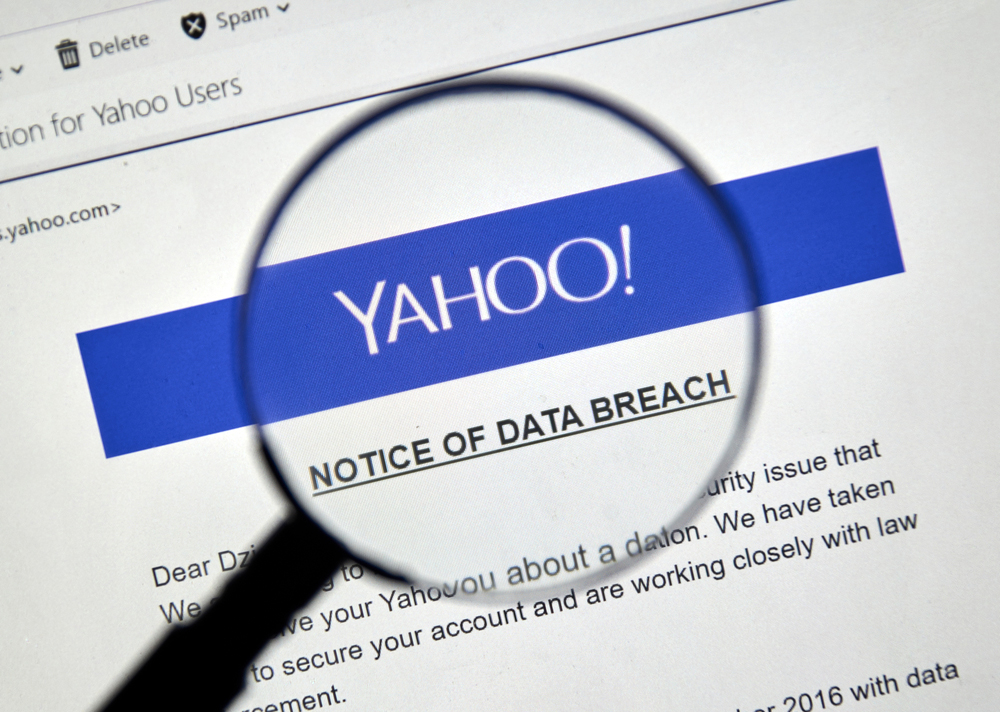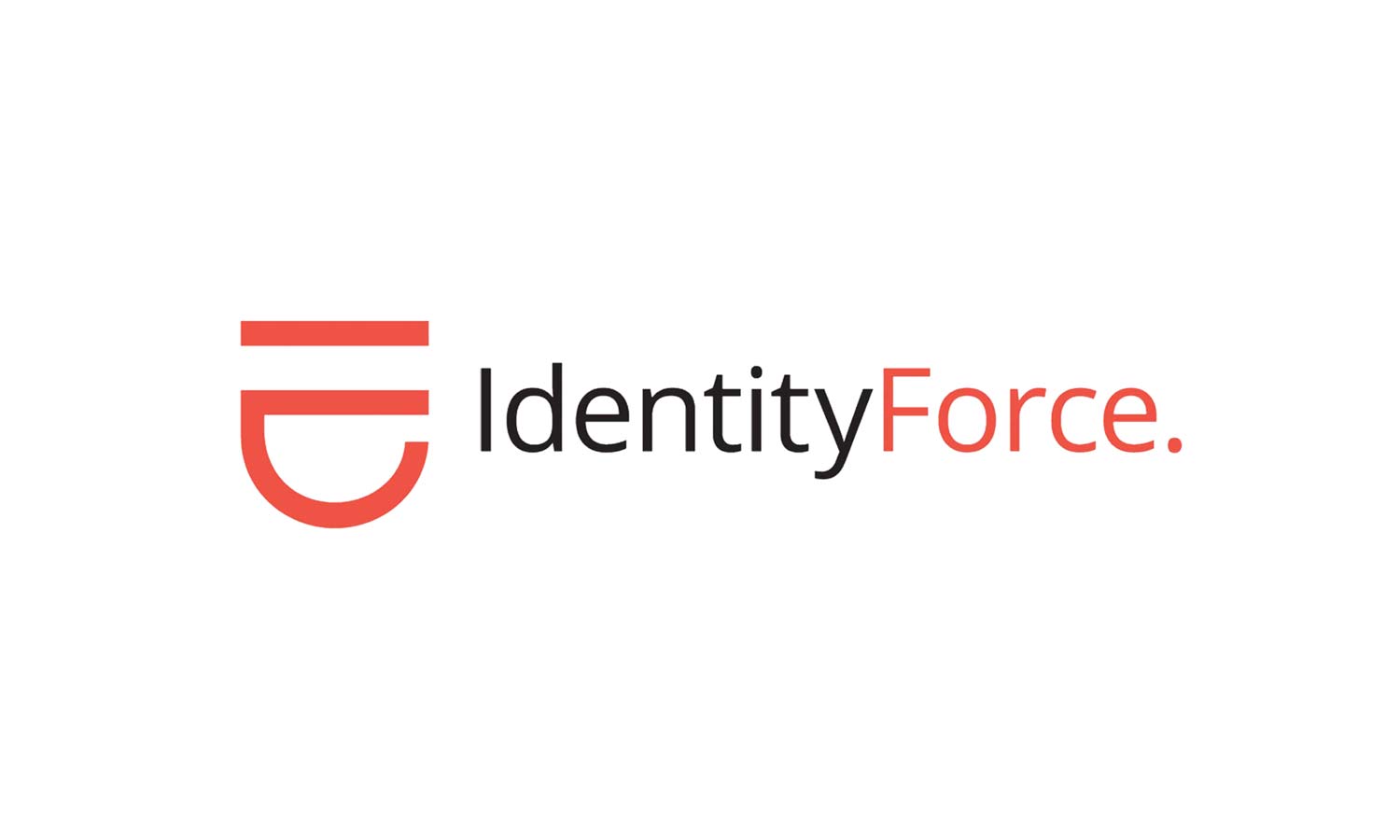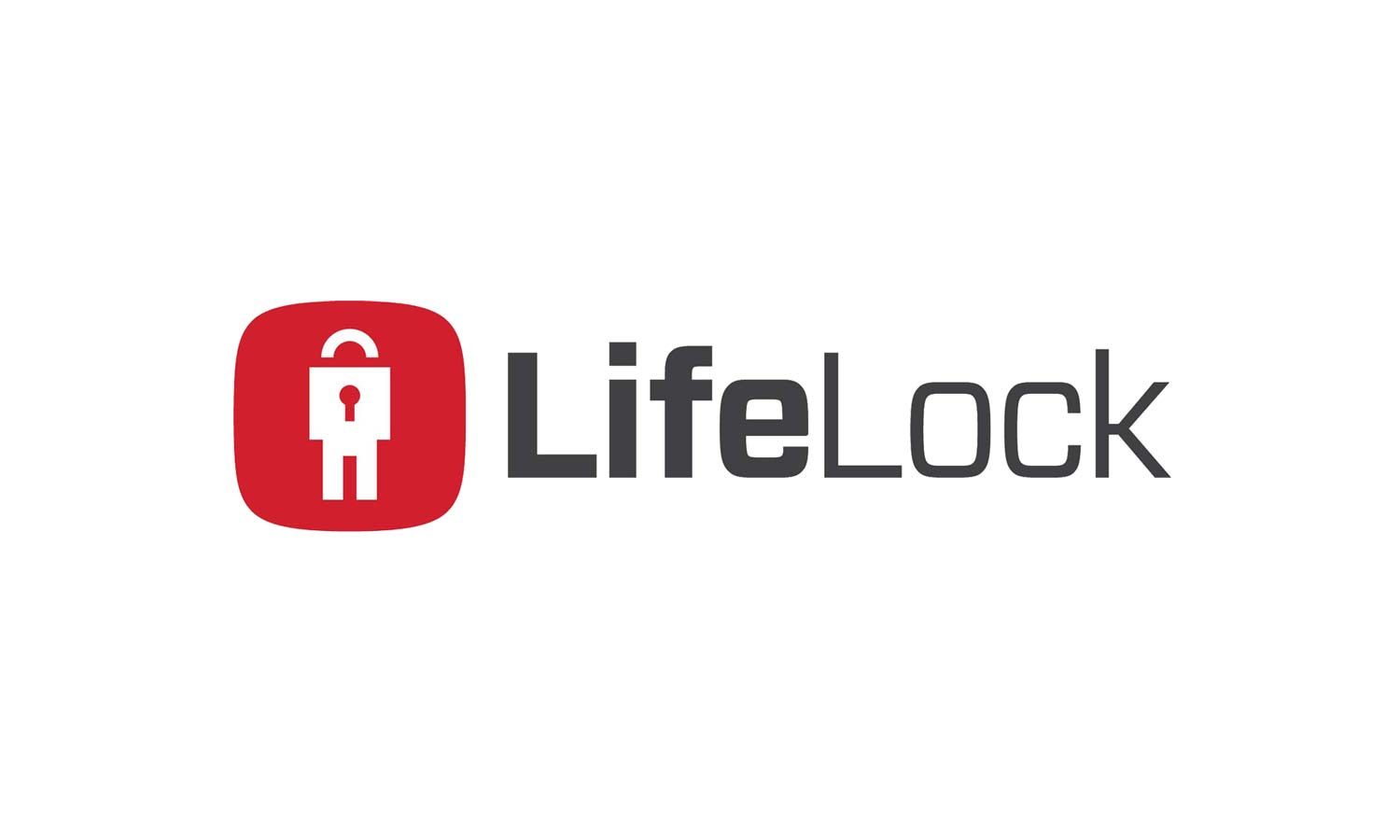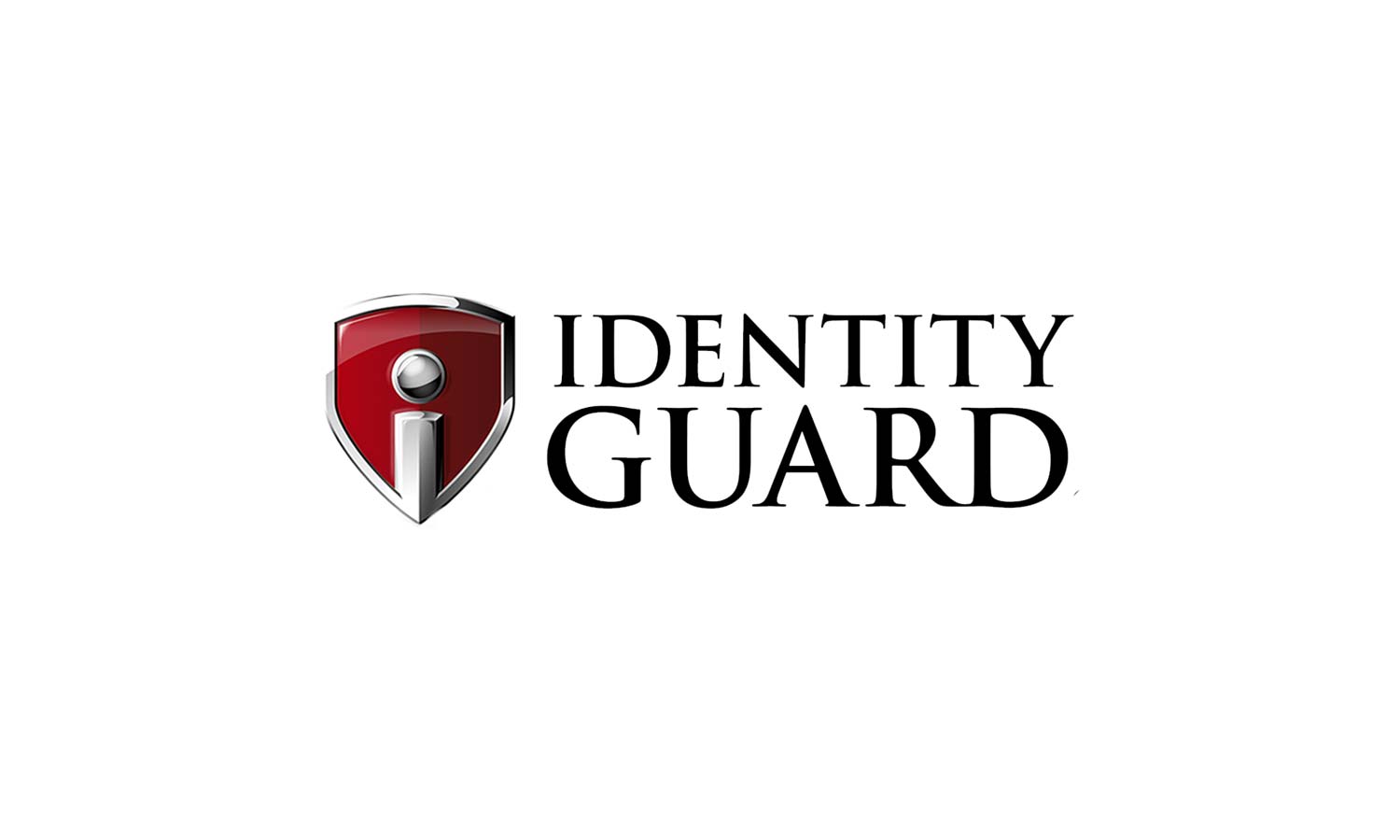3 Billion Yahoo Accounts Hacked: What You Can Do
Verizon said that Yahoo's 2013 data breach involved not 1 billion user accounts, but 3 billion -- every single Yahoo account at the time.
UPDATED 7:40 a.m. EDT Wednesday with links to Yahoo FAQ and other postings.
If you had a Yahoo account in 2013, your username and password were stolen. Period.

That's what Verizon, new owners of Yahoo's online services, admitted today (Oct. 3). The number of accounts compromised in the 2013 Yahoo data breach, disclosed in December 2016 and already the largest on record, is no longer 1 billion — it's now 3 billion.
Verizon revised the numbers after it "received new information from outside the company," The Wall Street Journal reported. Every account held with Yahoo at the time of the breach is thought to have been affected.
What You Can (and Can't) Do
If you hadn't already changed your Yahoo password (or deleted your Yahoo account) when the 1-billion-user breach was disclosed a year ago (or when the different, 500-million-user breach from 2014 was disclosed a couple of months before that), then now is the time to do so. Don't forget to change that password anywhere else you used it as well.
MORE: Best Identity-Protection Services
Other than changing passwords (and we recommend a good password manager to keep them all strong, secure and unique), you should make sure to unlink your mobile devices from your Yahoo accounts and then relink them using new passwords. Also, turn on two-factor authentication on Yahoo and on any other online service that allows it, such as Google, Facebook, Microsoft, Apple and Dropbox.
Sign up to get the BEST of Tom's Guide direct to your inbox.
Get instant access to breaking news, the hottest reviews, great deals and helpful tips.
We always recommend that victims read our tips to surviving a data breach, but in this case, the horse left the barn 4 years ago.
At this rate, it's not a stretch to imagine that many people who had Yahoo accounts in 2013-2014 had their account details stolen not once, but multiple times.
Worst Breach Ever?
A spokesman for Oath, the new company formed by Verizon containing Yahoo's online services, said Oath would immediately begin notifying the holders of the 2 billion additional accounts now known to have been compromised. The number will be far less than 2 billion people, as many individuals held more than one account on Yahoo or its subsidiaries, which include Flickr and Tumblr.
The number of affected Yahoo accounts is staggering, but the Equifax data breach disclosed nearly a month ago is still far worse.
The Yahoo breaches exposed usernames and passwords and let miscreants take over Yahoo accounts (and any other accounts that used the same credentials). The Equifax breach exposed names, address, dates of birth and Social Security numbers of 145 million U.S. residents. Those are the keys to a person's entire identity, and anyone holding them could do nearly anything in someone else's name.
The company that was Yahoo still exists as an independent entity. It is now called Altaba and is mainly a holding company for the shares in Yahoo Japan and the Chinese internet company Alibaba, both of which greatly appreciated in value after Yahoo acquired them many years ago.
Yahoo was one of the first web-only companies, and pioneered many things that we now take for granted, but these gargantuan data breaches will, deservedly or not, be its lasting legacy.
UPDATE: Yahoo posted a press statement, an SEC filing and an updated FAQ about the 2013 data breach to provide more information.

Get it. IdentityForce UltraSecure+Credit is the best overall service for both credit monitoring and identity protection. It also protects your account with two-factor authentication.

It's worth it. Get LifeLock Ultimate Plus if you're very worried about having your identity stolen and you also need antivirus software. But you can get better credit monitoring for less with IdentityForce UltraSecure+Credit.

Good, but not the best. Identity Guard isn't bad, but for about the same price, IdentityForce UltraSecure+Credit offers more comprehensive personal-data and credit-file monitoring.
Paul Wagenseil is a senior editor at Tom's Guide focused on security and privacy. He has also been a dishwasher, fry cook, long-haul driver, code monkey and video editor. He's been rooting around in the information-security space for more than 15 years at FoxNews.com, SecurityNewsDaily, TechNewsDaily and Tom's Guide, has presented talks at the ShmooCon, DerbyCon and BSides Las Vegas hacker conferences, shown up in random TV news spots and even moderated a panel discussion at the CEDIA home-technology conference. You can follow his rants on Twitter at @snd_wagenseil.
-
bobxp46 The author may be interested to know that I had a Lifelock account for all of 90 days when my main credit card company informed me of fraudulent charges on my card which they had blocked! Then within the course of a week, I started receiving Bank letters denying me credit that I had not applied for. I called Lifelock and informed them of the breach and they had the audacity to say" before we continue I must read you a disclaimer". Then they promptly read me a legal statement saying they were not responsible for anything! I asked the agent what the hell I was paying them for they had missed it all! needless to say, I no longer do business with those worthless money sucking web ticks. Tom my experience may be unique but at age 71 I have lived long enough to know a seriously worthless scam when I see one. Seriously doubt if I am alone. Capitol One and Transunion stopped the problem but not before my credit rating fell some 50 points. I must also give Chase a pat on the back as one call to them prevented serious damage to that account. Tom, my daddy the Colonel always said a man is known by the company he keeps, you have been informed I'll say no more.Reply -
Paul Wagenseil Reply20236401 said:The author may be interested to know that I had a Lifelock account for all of 90 days when my main credit card company informed me of fraudulent charges on my card which they had blocked! Then within the course of a week, I started receiving Bank letters denying me credit that I had not applied for. I called Lifelock and informed them of the breach and they had the audacity to say" before we continue I must read you a disclaimer". Then they promptly read me a legal statement saying they were not responsible for anything! I asked the agent what the hell I was paying them for they had missed it all! needless to say, I no longer do business with those worthless money sucking web ticks. Tom my experience may be unique but at age 71 I have lived long enough to know a seriously worthless scam when I see one. Seriously doubt if I am alone. Capitol One and Transunion stopped the problem but not before my credit rating fell some 50 points. I must also give Chase a pat on the back as one call to them prevented serious damage to that account. Tom, my daddy the Colonel always said a man is known by the company he keeps, you have been informed I'll say no more.
That's very interesting. Can you provide more information about what LifeLock's disclaimer said? And did the LifeLock representative you spoke to mention the company's "million-dollar-protection" feature? The company is supposed to give you a financial cushion in such situations.
As for Chase, I can speak from personal experience that its customer fraud protection is excellent. -
monseemian Isn't Lifelock the same company whose CEO was a victim of hacking/identity theft himself :-)Reply
With Equifax's failure in such a grand way, consumers are only beginning to realise what kind of frauds and theives they have entrusted their identity/credit security with, all this time. -
thereg.p One other question is what happens when, not if but when LifeLock gets hacked? No company, organization, entity with connections to the internet are 100% immune to being hacked/attacked.Reply -
bogarus Chase Bank? Hell NO! Just two weeks ago, Chase caught someone trying to cash a check (ours), fraudulently into a wrongly named account. The check was from the US Treasury and had our name and address on it. We are a client of Chase. Instead of notifying us by looking up our account, they sent a valid, cash-able check back to the perpetrator for a large amount. Chase Bank is an accomplice to identity theft--they participate in it daily because they do not care.Reply
I submitted the proof to my police department and am currently directing a complaint to the Federal bank regulators (OCC) against Chase Bank. Who knows if the bank regulators take anything seriously. I know Chase Bank does not. -
tonytonytony This is the scariest thing about self-driving cars, or any car that can be updated through a network. Until they can figure out a way to keep things secure, it seems like you could be driving along and all of a sudden the car takes a hard right at 80 mph and your done for.Reply

